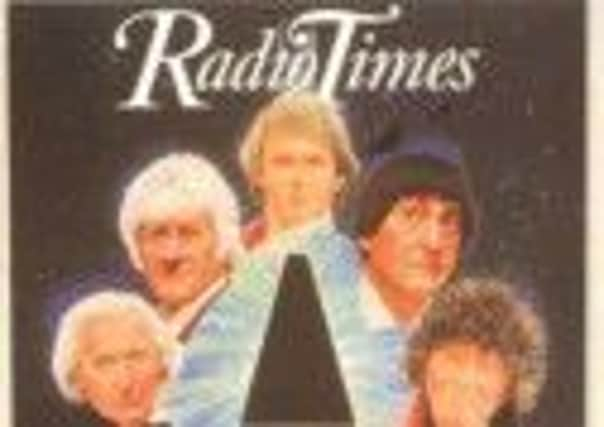Liam Rudden: How cliff-hanger TV fell off a cliff


It went something like this: 5.50pm Basil Brush. 6.20pm Doctor Who. 6.45pm Generation Game. 7.40pm All Creatures Great And Small. 8.30pm Some Mothers Do’Ave’Em - I assume it was a Saturday.
All familiar titles and in the best tradition of pre-watershed programmes, all good family entertainment.
Advertisement
Hide AdAdvertisement
Hide AdIt got me thinking how much TV has changed in the intervening decades, or to be more precise, how our viewing habits have changed. The days of regularly sitting down as a family to watch the box are certainly on the wane.
Now, we’re more likely to settle down with a box-set and a mammoth session of one title at a time. It’s a practice that has led to the demise of the cliff-hanger - without a full week of suspense between episodes it’s a plot devise that loses its effect.
Looking at that 1978 schedule, and with the help of the internet, I found the Doctor Who story that night was The Stones of Blood (Part 3), a Gothic/sci-fi mix-match. A four-parter, I bet it had cliff-hangers... and a coherent script, which is more than can be said for the current series, which came to an end on Saturday with Peter Capaldi looking lost, hilarious over-acting from Michelle Gomez as The Mistress, and fractured story-telling.
If one programme highlights the plight of modern day TV it’s Doctor Who. Soaps are not much better, though, relying on a constant brew of conflict to keep viewers tuning in.
Pantomime and histrionics in favour of truth. It’s all very sad really.
Thankfully, there are some programmes that buck the trend. Having just discovered Detectorists, which, yes, I watched back to back (it’s out on DVD this week), I was transported back to that afore-mentioned golden age by this intelligently written, gentle comedy drama. Let’s hope there remains scope for more of the same.